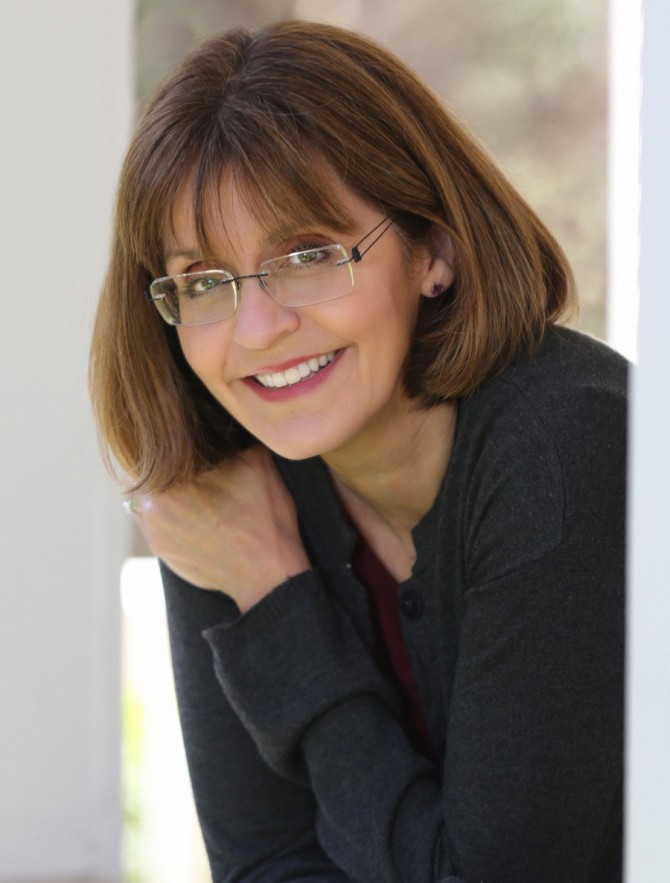History professor helped plan, create Statue of Liberty Museum
By Kathy Hovis
As a child, Maria Cristina Garcia’s family left Cuba for the United States to enjoy the freedoms that were unavailable in her homeland. One of her first road trips as a new American was to see the Statue of Liberty; many of her photos from that trip show the statue in the background.
On May 16, Garcia – now the Howard A. Newman Professor of American Studies at Cornell – celebrated with other historians, philanthropists and celebrities at the opening of the new Statue of Liberty Museum, which she helped plan and create as part of its History Advisory Committee.
“Who would have guessed then [during her childhood] that I would one day contribute to this project?” Garcia said. “I don’t think I can fully convey how meaningful it was for me as an immigrant and refugee.”
The museum is dedicated to the concept of liberty and all of the meanings that word holds for people, Garcia said. The advisory committee – chaired by Cornell alum Alan Kraut, M.A. ’71, Ph.D. ’75, distinguished professor of history at American University – helped exhibit designers, members of the National Park Service and filmmakers plan the museum’s content. Included is a 12-minute film narrated by television journalist Diane Sawyer, original models of parts of the Statue of Liberty and exhibits focused on the statue in popular culture and political protest.
The museum also has an interactive gallery, where visitors can reflect on what liberty means to them.
“Working on this project has been one of the most rewarding activities of my professional career,” Garcia said. “Together we discussed – and argued about – the historical content of the museum, and we reviewed the scripts for accuracy but also for inclusion. We felt very deeply that certain facts needed to be told or underscored. We didn’t always get our way, though.”
The film explores the history of the statue and the many ways it has inspired people across the country and around the world, Garcia said.
“When the statue and its pedestal were built on Bedloe’s Island in New York harbor, liberty was a reality only for some Americans,” she said. “Women did not have the right to vote and were even barred from attending the dedication of the statue. Chinese migration was restricted, and African-Americans in the Jim Crow South had lost the few gains they had made during Reconstruction.
“For many Americans,” Garcia said, “liberty was a promise not fully realized. As the film points out, liberty must be continually developed and safeguarded. It can never be taken for granted.”
The museum cost close to $100 million, raised from corporate sponsors and wealthy donors – and regular citizens, she said.
“People all over the country contributed to the museum’s construction,” Garcia said, “just as Americans had raised the money for the construction of the pedestal almost 130 years ago.”
Kathy Hovis is a writer for the College of Arts and Sciences.
Media Contact
Get Cornell news delivered right to your inbox.
Subscribe

